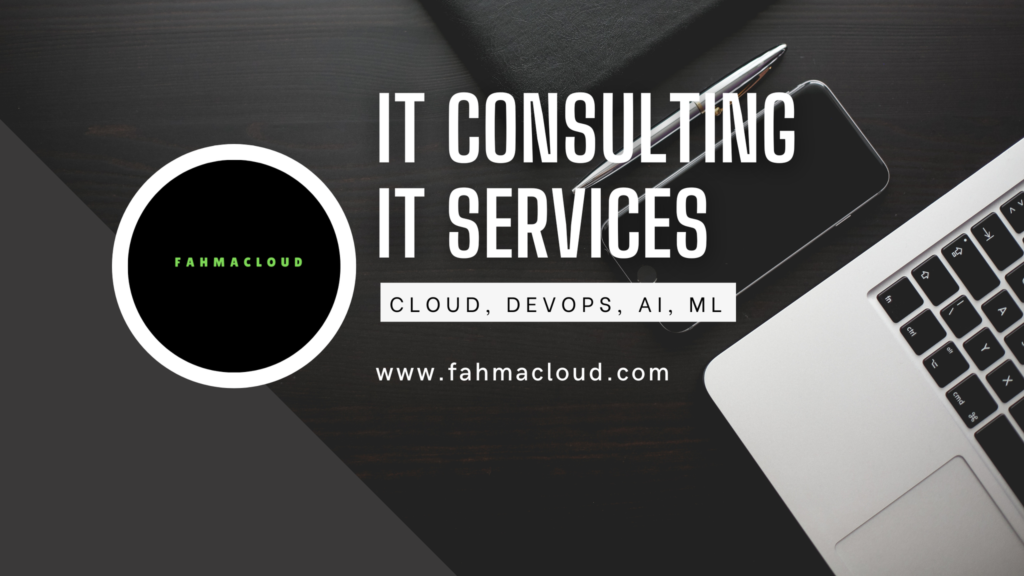Moving to the cloud isn’t just a cool tech trend anymore. It’s become a smart move for businesses of all sizes. Whether you’re looking to scale faster, cut down on infrastructure costs, or simply keep up with the competition, the cloud offers a lot of benefits.
But here’s the thing: a cloud migration done without proper security planning? That’s like moving to a new house and leaving the front door wide open.
Why Security Should Come First
When you’re shifting data, apps, or entire systems to the cloud, you’re essentially packing up your digital life and moving it to a new home. And just like you wouldn’t throw all your valuables in the back of an open truck, you don’t want to move to the cloud without serious security measures in place.
Poorly executed migrations can lead to:
-
Data leaks
-
Downtime
-
Non-compliance fines
-
And worst of all—loss of customer trust
That’s why secure cloud migrations aren’t just “nice to have”—they’re critical.
What a Secure Migration Looks Like
So how do you keep things safe while making the move? Here’s a simplified roadmap:
1. Start with a Plan
Before touching anything, take inventory. What’s moving? What’s staying? What are the risks? Think of this like planning your route before a road trip—you’ll want to know where the potholes are.
2. Build a Solid Foundation
Set up your cloud environment using best practices: isolate networks, configure firewalls, and don’t forget about Identity & Access Management (IAM). Give people only the access they need—nothing more.
3. Protect the Move
Encrypt everything. Whether you’re uploading files or syncing databases, make sure your data is locked down in transit and at rest. Use secure channels like VPNs or direct connections.
4. Watch Who Has the Keys
IAM is huge here. Use role-based access, enable multi-factor authentication, and keep a close eye on who’s logging in and from where.
5. Keep an Eye on Things
Once you’re in the cloud, turn on logging and monitoring tools. Think of it like security cameras for your digital spaceif anything weird happens, you’ll want to know fast.
6. Do a Final Sweep
After the migration, do some housekeeping. Remove old accounts, patch any vulnerabilities, and test your backups. You want to be sure everything’s secure and running smoothly in your new home.
Bottom Line
Migrating to the cloud is a big move, and it can absolutely transform your business for the better. But without a strong focus on security, it can also open doors you don’t want opened.
Taking the time to plan a secure migration means fewer headaches, stronger compliance, and way more peace of mind. And if you’re feeling overwhelmed? You don’t have to do it alone.
Need professionals to help you with your cloud migration? Contact us – we’re here to guide you every step of the way.

